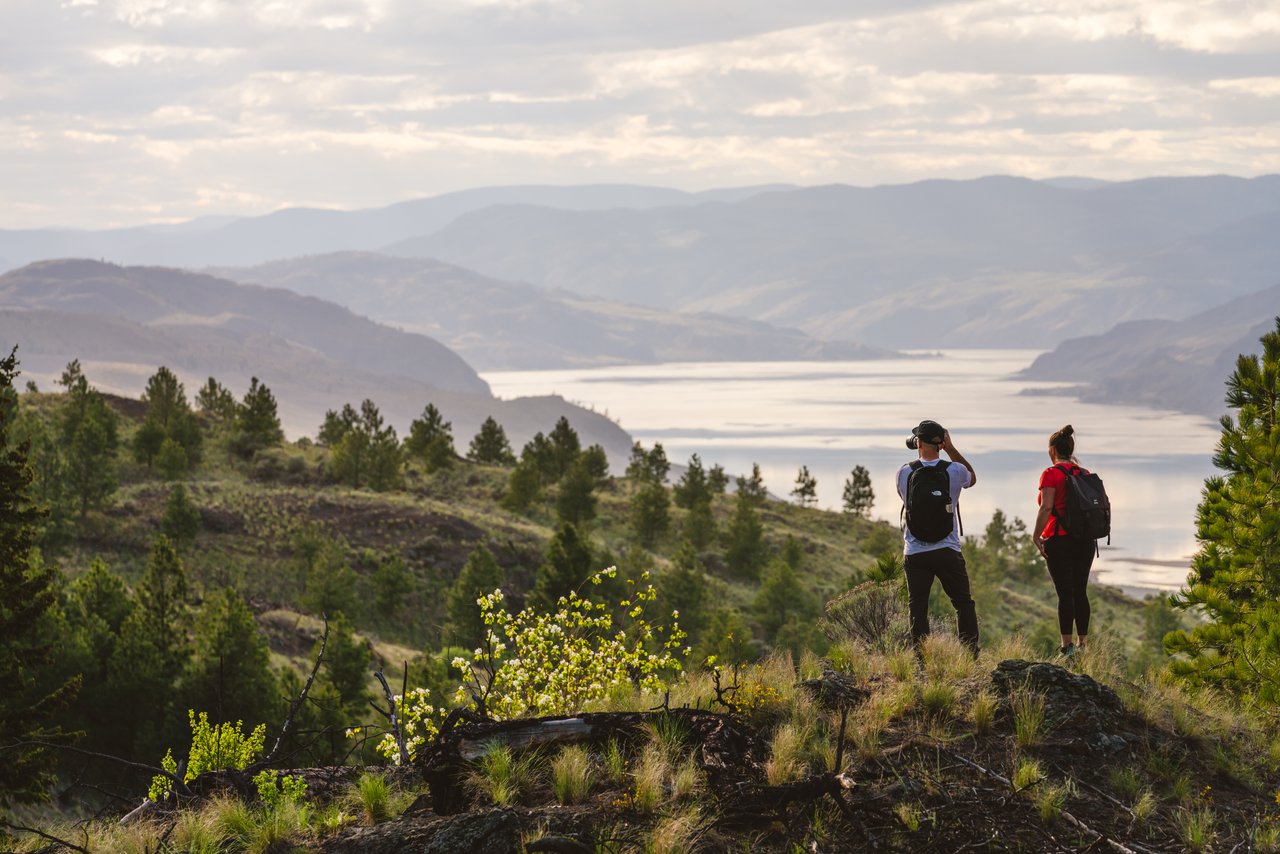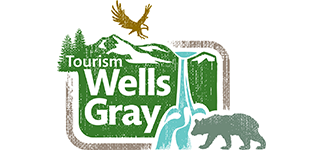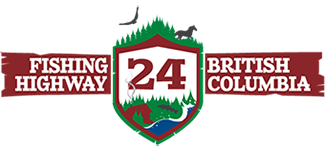It is our pleasure to be actively encouraging visitors to our beautiful region once again. Like you, we’ve been itching to get out and explore but before you get to packing, it’s important to understand that there are few things you need to consider in order to have safe, responsible and respectful experiences.
This page is aimed at empowering you to become a responsible travel advocate, armed with the resources and knowledge you need to explore this region carefully. Travelling responsibly includes ensuring your personal safety; respecting wildlife and the environment; and supporting local culture and communities.
Here are our tips and lessons for how you can travel responsibly within the Land of Hidden Waters in 2021 and beyond:
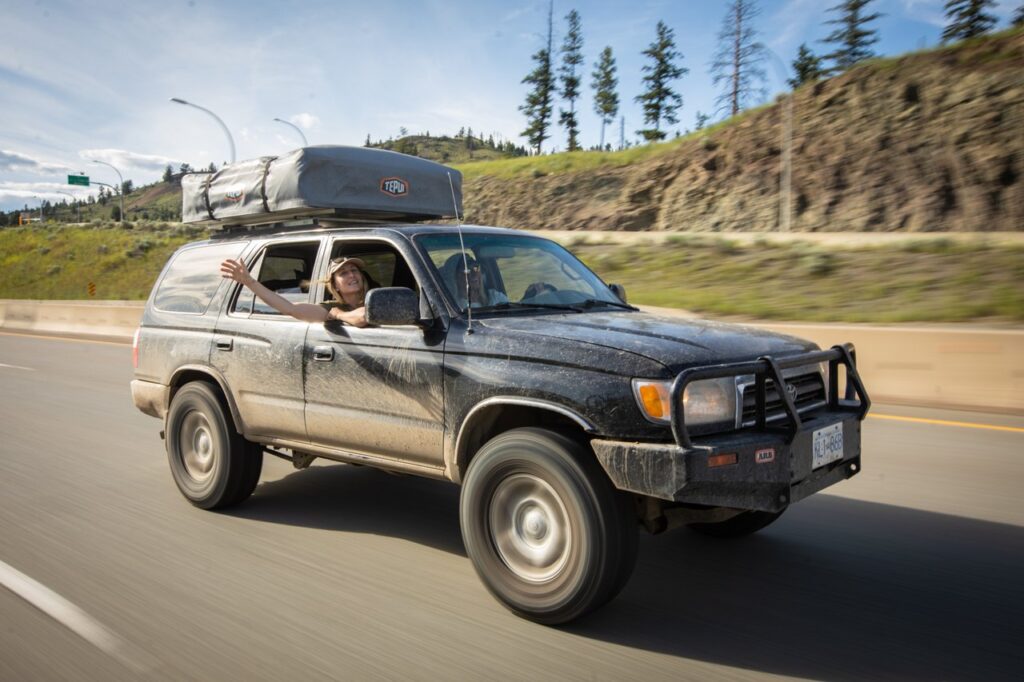
COVID-19 SAFETY AND PREPAREDNESS
BOOK AND CONFIRM AHEAD
It is important to recognize that our business’s opening dates and hours may be affected by COVID-19. Some may also only be open seasonally and have operating hours that are subject to change. Due to this, always check online and call in advance regarding overnight accommodations and activities to ensure availability. Many of the businesses that are currently open have adopted new procedures (like contactless check-ins) and protocols, so you’ll want to familiarize yourself with these before you arrive.
Be Kind Side Note: Please remember that like you, businesses are coping with a ‘new normal’ so if you have any operational concerns, please be patient, practice empathy and advise business owners directly so that they can learn and help you get the most out of your experience. Being kind will foster a healthy, positive environment for all of us!
STICK TO OPEN SPACES AND SMALL GROUPS
Thanks to the wide open spaces we’re lucky enough to have here, it’s easy to spread out and give other travellers and locals the space they need. Travelling with your small immediate social circle will not only really help with this but it will create life-long memories for you and your loved ones! Remember to practice physical distancing and frequent handwashing hygiene to help keep your group and others safe and healthy.
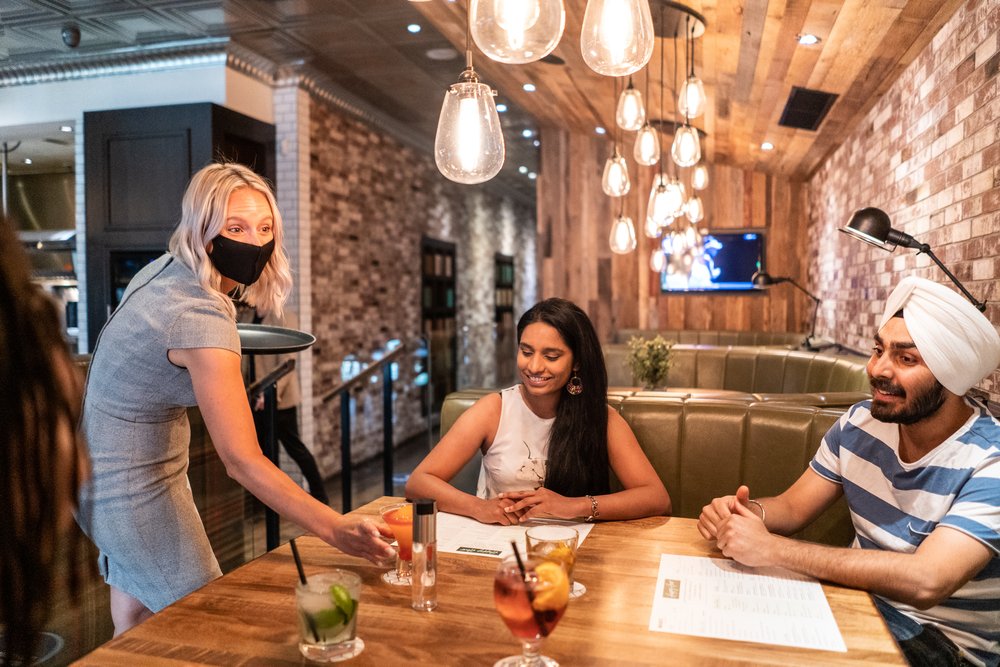
HELLO BC RESOURCES
- Visit Health Link BC’s website.
- Call the Health Canada COVID-19 information line: 1-833-784-4397. Interpretation services are available in multiple languages. Or email: phac.info.aspc@canada.ca
- Visit the Public Health Agency of Canada (PHAC)’s website for the latest outbreak update on COVID-19.
- Visit the Health Link BC website for detailed information on COVID-19, including FAQs.
- Visit the BC Centre for Disease Control (BC CDC) website for the latest on how to prevent the transmission of diseases.
- Visit the Province of BC’s dedicated webpage for the latest information pertaining to travel to and within BC related to COVID-19
- Visit the Canada Border Services Agency website for the latest information regarding international travel to BC and Canada related to COVID-19
WILDFIRE SAFETY
Wildfires are a natural and seasonal event in many of this province’s ecosystems. For information on active wildfires, bans, restrictions, fire danger ratings and air quality, visit the BC Wildfire Service website or call the information line at 1-888-336-7378.
If you see a wildfire while you are travelling, please report it to the BC Wildfire Service by calling 1-800-663-5555 or text *5555 from a cellphone.
You should also be aware of the difference between an Evacuation Alert and an Evacuation Order as well as what to do if one is issued where you are.
Evacuation Alerts are when there is a developing threat to public safety that could lead to a potential evacuation. This means that you do not to evacuate an area, but you should be ready to leave if the alert gets upgraded to an evacuation order. Ensure that you and your party has a plan to evacuate if needed.
Evacuation Orders means there is an imminent threat to public safety. When these are issued for an area, everyone must leave it immediately. Evacuation orders always come with a defined evacuation route. Please contact the local authority that issued the order if you require assistance.
Evacuation alerts and orders are posted by their respective local authorities. Within the Land of Hidden Waters, these are:
Thompson-Nicola Regional District
OUTDOOR ADVENTURE SAFETY AND PREPAREDNESS
We are passionate about keeping our landscapes pristine and accessible for future generations to enjoy. With this comes a deep understanding and respect for the power of nature and what can happen if we are unprepared.
Before you leave for your adventure, make sure to plan your travel route including the gas stations you’ll need to stop at. Ensure that you check the weather forecasts and understand the types of conditions and terrain you could encounter. This also means training for the trip and knowing your physical limits.
Here are some steps you can take to protect both of yourselves, wildlife and the environment while you are exploring.
Other resources: BC AdventureSmart is a great resource for staying safe while exploring our BC wilderness. They even have a trip plan that you can fill out ensuring that someone will know where you’re headed and when you’re due back. Follow them along via their Instagram or Facebook. DriveBC is a provincial resource that provides information on road conditions, closures and trip route planning. You can also call the DriveBC information line at 1-800-550-4997.
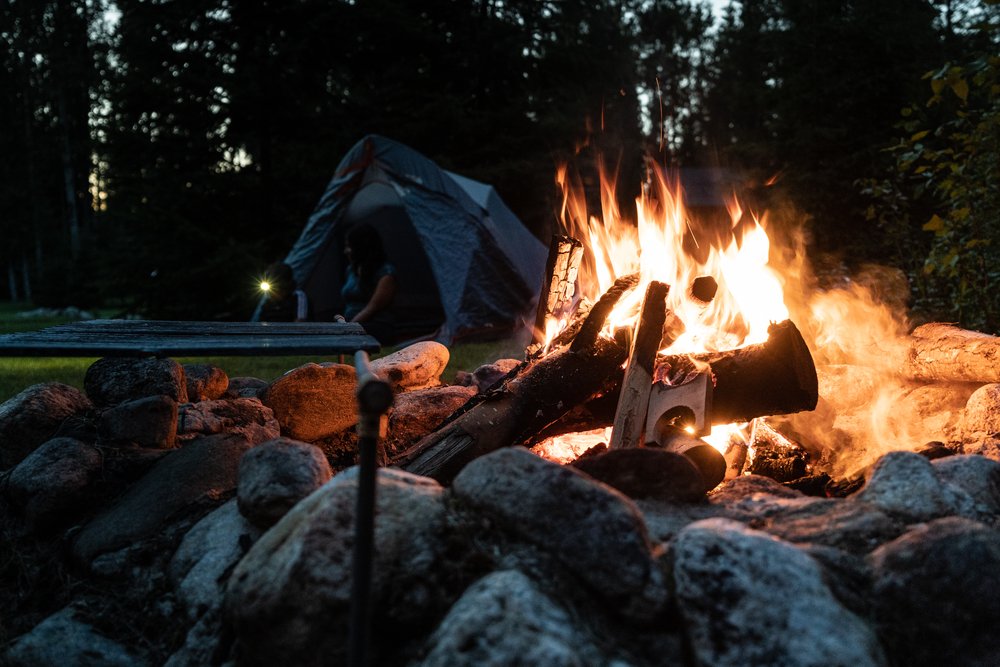
LEAVE NO TRACE
Some of the most well-known principles to the outdoor industry are the Leave No Trace Principles. Leave No Trace Canada is “a national non-profit organization dedicated to promoting and inspiring responsible outdoor recreation through education, research and partnerships. Leave No Trace builds awareness, appreciation and respect for our wildlands.” The principles are as follows:
- Plan ahead and prepare
- Travel and camp on durable surfaces
- Dispose of waste properly
- Leave what you find
- Minimize Campfire Impacts (and always be sure to check BC wildfire status for your destination and if there are any fire bans in the area)
- Respect wildlife
- Be considerate of others
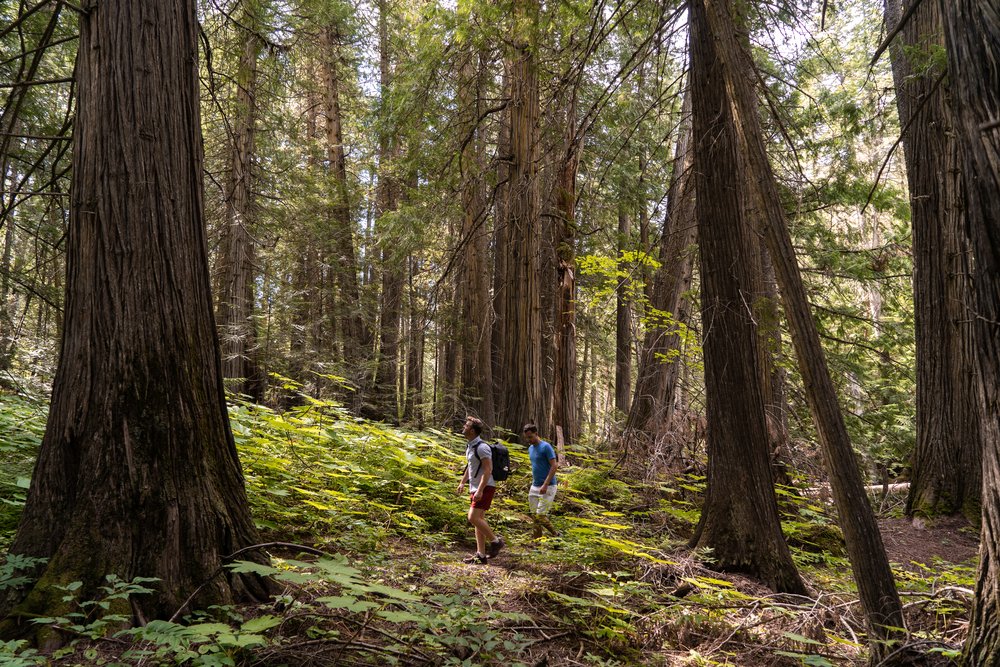
THE ESSENTIALS
Whether you’re heading to a remote lake or just road tripping along the Fishing Highway, some parts of our region do not have cell service and there are often large distances between communities. Due to this, it is important that you prepare for what you would do in an emergency situation or if you were to get lost.
The essentials are the most important items you need to put in your pack or car for any outing, including non-extreme, front-country adventures. While you’ll likely reach for the sunscreen and water regularly, the other items on this list could literally be lifesavers in the unlikely event that things go wrong.
The essentials include the following:
- Headlamp or flashlight with extra batteries
- Fire making kit
- Extra clothing, including rain gear
- Extra food and water, and a means of purifying it
- Pocket knife
- Sun protection including sunscreen, lip protection and sunglasses
- An emergency blanket or shelter
- A first aid kit
- Navigation and communication devices like cellphones, paper maps, compass and/or a GPS. (Most of Cariboo Chilcotin Coast region has little to no cell phone service and a device like an inReach is ideal to bring along)
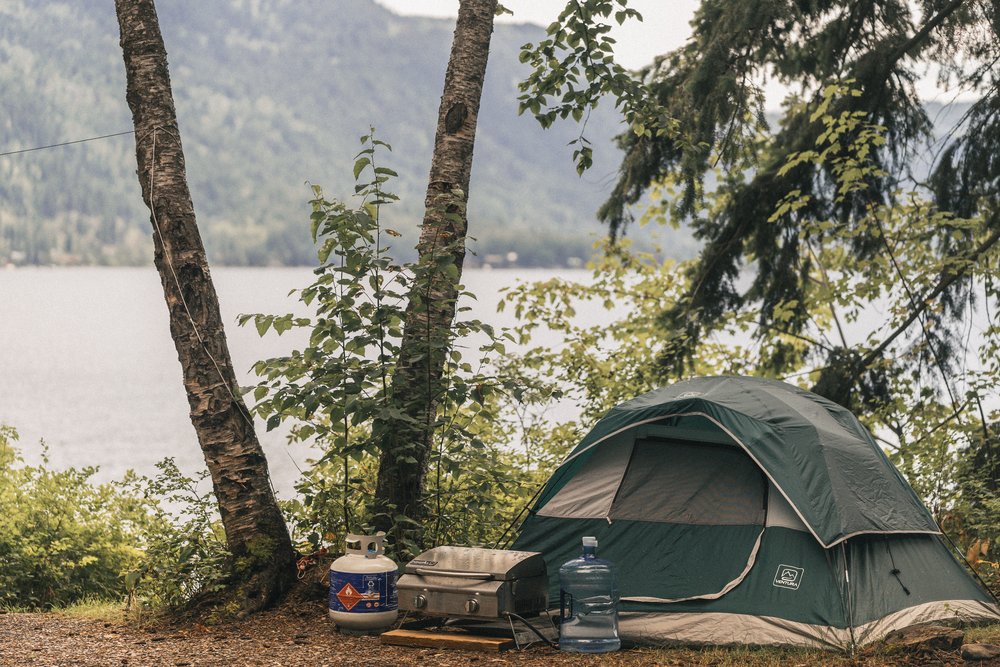
ENCOUNTERING WILDLIFE
The possibility of encountering wildlife out here is high and while the threat of conflict is low, it’s important to be prepared.
Deer, squirrels, bighorn sheep, and rabbits require nothing but ample space and distance, however, it is possible that you could come across coyotes, moose, black and grizzly bears, wolves, elk or cougars and these animals require a lot more preparedness. It’s important to be aware of your surroundings and know what to do when you encounter these creatures.
You can find full details in our downloadable Respecting Wildlife guide.
Other resources: Wildsafe BC is the provincial leader in preventing wildlife conflict. Along with using their website and social media accounts as educational tools, you can report all wildlife conflicts to their Conservation Officer Service RAPP line at 1-877-952-7277.
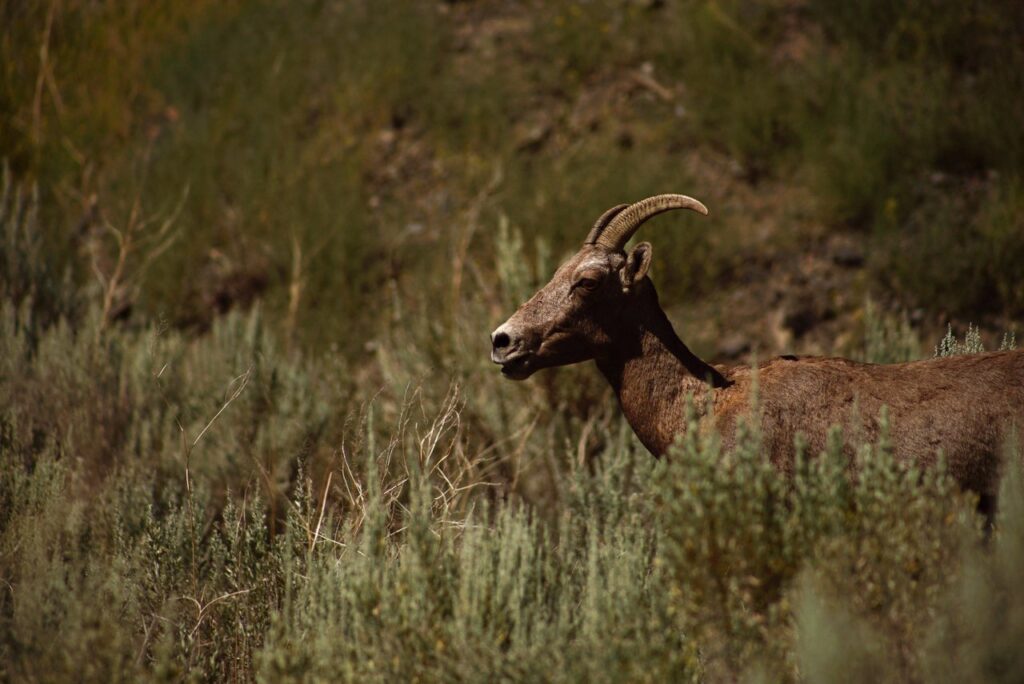
KNOWLEDGE AND RESPECT OF COMMUNITY AND LOCALS
Whilst here, it is important to acknowledge that we’re visitors on the traditional territories of the Secwepemc and Simpcw First Nations. These diverse communities have called these lands home since time immemorial and it is so important for us to be respectful of this. This involves educating yourself about Indigenous culture, history, protocols, language, and traditions. To do this, it is encouraged to ask respectful questions and learn from the communities themselves through Indigenous tourism experiences. You can learn more about this topic in our downloadable How to be Respectful of Community & Culture Guide.
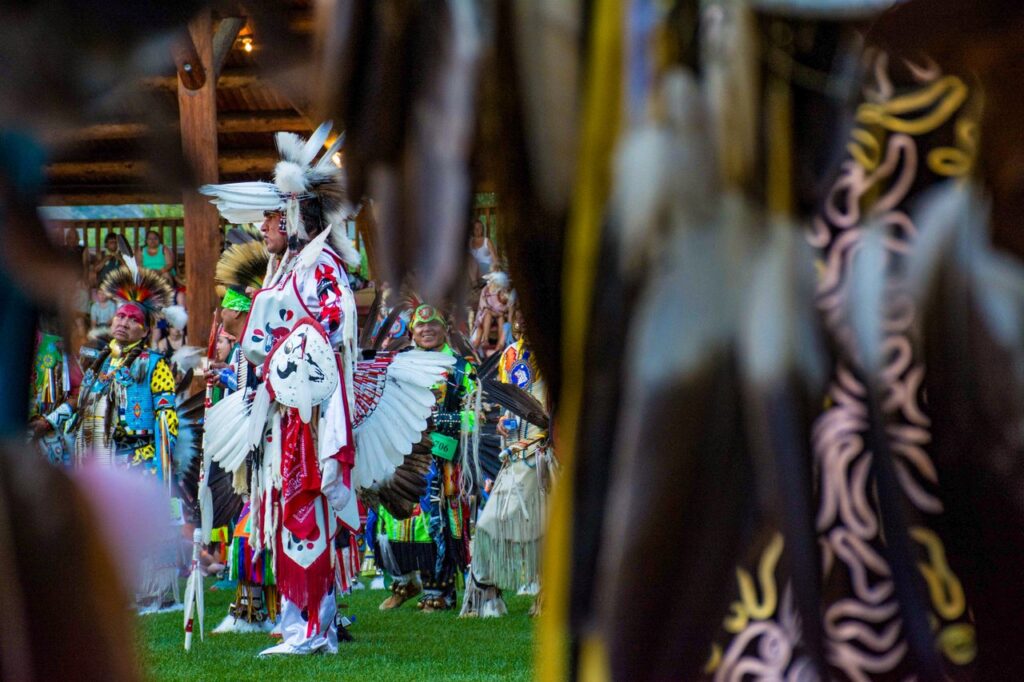
EMERGENCY INFORMATION
For information about ongoing emergency situations within BC, stay up to date with Emergency Info BC. If you have community-specific questions, reach out directly to the respective region’s local government.
MOST IMPORTANTLY, HAVE FUN!
While this could all seem a bit overwhelming, it’s important to learn all about what you need to consider when adventuring out here, especially if you haven’t got much experience. Overall, we suggest starting small with weekend trips alongside your close social circle. Initially, stick to easy-to-access areas and always do prior research about where you’re going. To gain more from a trip and to add an extra safety component, joining a guided tour is an excellent option. Most importantly, have fun!
When visiting BC’s Land of Hidden Waters, please be a responsible visitor and do your part to keep yourself, others and wildlife safe. For more in-depth information and to have it on the go with you, download and print the guides found at the bottom of our responsible travel page; they’re great to hang in the trailer, keep in your glove box, put in your backpack, or keep on your phone!


